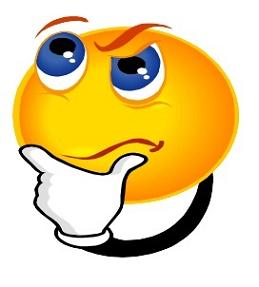The twentieth century witnessed a war against words that hollowed out their traditional meanings and replaced them with refuse. Myth became lie. Love became lust. Gay became homosexual.
Another word lost in the confusion of our present whirligig of post-modern life is humanism. To the left it came to mean radicalism, atheism, arrogance and secularism.
From the earliest Greek philosophers through the end of the 19th century, humanism was a belief that humans were born unique, higher than the animals but lower than the divine. Humanist saw education as a means of development and nurturing, seeking wisdom over mere knowledge or technical skills. They upheld citizenship of the Republic of Letters as higher than loyalty to any nation or worldly power. While they never exactly agreed about a Creator, they understood that something stood above any one person or all of humanity, time and existence.
The late 1800s through the early 1900s saw a rise in the popularity of the word humanism to the extent that it became virtually meaningless, much like the word racism today. Catholic John Henry Newman who believed that we are not autonomous beings but open to a relationship with God that rescued man from enslavement to self became what he called a Christian Humanist. T.E. Hume, on the other hand, used this new humanism to describe his elitist view of culture, while Irving Babbitt noted that humanism was indeed an alternative to religion.
Numerous people and groups began to coopt humanism for their own agendas, the most prominent and conspicuous of which was John Dewey, the father of modern education. Dewey was a signer of the Human Manifesto in 1933 which basically stated that religion, in any form, had to be reconstituted to function in the modern world; that the universe itself, as depicted by modern science, made a Creator not only irrelevant but unacceptable.
Philosopher Richard Rorty, one of Dewey’s present day admirers and disciples, argues that “truth is the upshot of whatever free culture comes to value.” He writes that if we take care of our new found freedom from the constraints of religion and quit worrying about truth, society as a whole will turn out okay.
His writings are suggestive of a universe in which God and politics as usual have no significant meaning, where re-description, rather than tradition, is the actual defining norm of a culture and any attempt to bring God back into public discourse, whether politics or education, or as he puts it, to “re-enchant” the world, would be folly, a “regression of the world.” He also states that we should “embrace our human shortcomings” and use them as “inspiration” because we must “engage life” on our own terms and not the terms dictated “by deities or their earthly mouthpieces.”
While it would be easy to dismiss Rorty, and his ilk, as simply a few voices in a world of many, unfortunately, he and his ilk represent almost all of academia and a majority of Democrats in the western world.
Europe may have secularized at a faster pace than the U.S. but we are not far behind. Many Americans claim religious affiliation but loath to take their beliefs into the public square. Whether they fear condemnation or actually believe that values and morals should not be part of public discourse remains unclear.
Far from being an enemy of religion, humanism, properly understood, has been a faithful ally since Paul visited Athens. Allowing the left to hijack the term has given them a path to promote themselves as the humane path in this world. Of course that is simply not true.
Humanism was never the enemy of Conservatism; rather it made it meaningful. It is the very thing that Conservatives must conserve.
Source: The Corruption of a Word by Bradley J. Birzer


